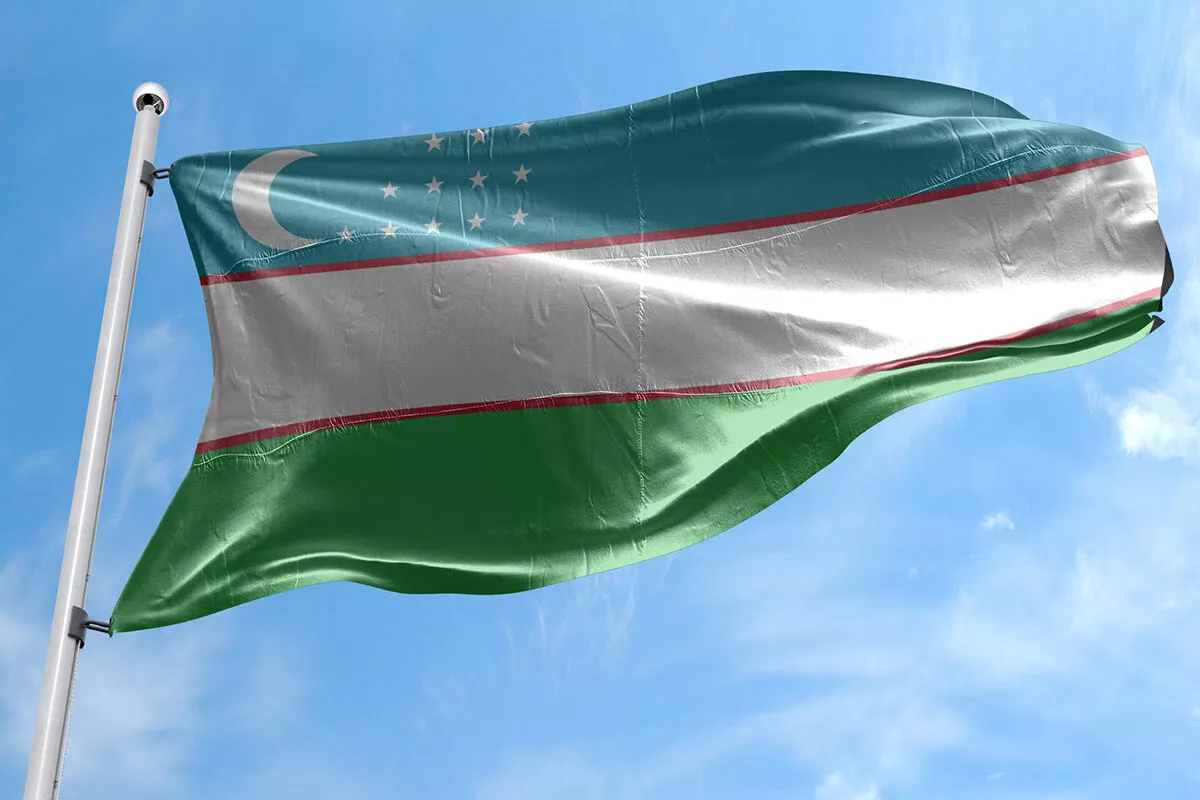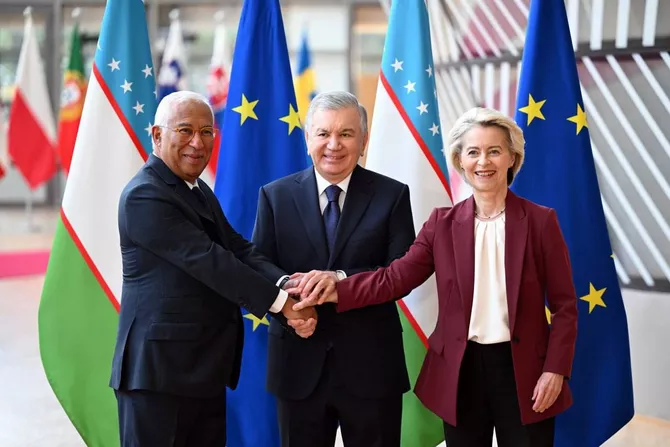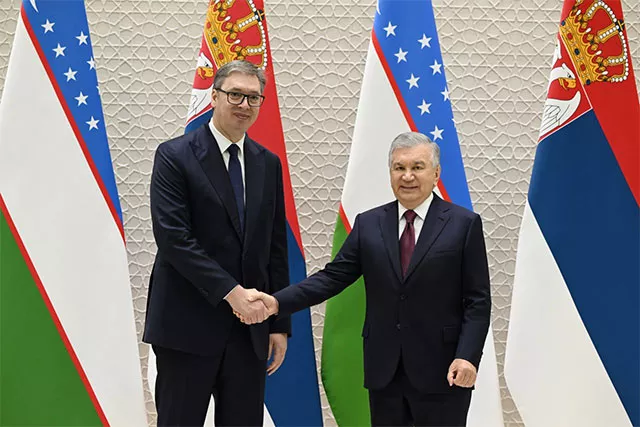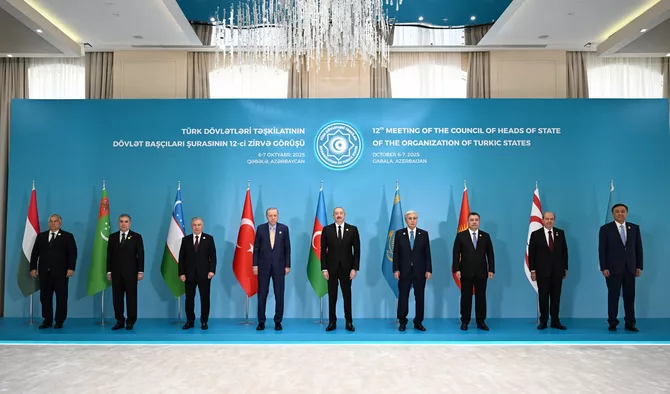
photo: National Today
Over the past few months, Uzbekistan has demonstrated a level of diplomatic dynamism that few could have predicted even a decade ago. Its growing international influence is not just a matter of prestige, it reflects a consistent, well-calibrated foreign policy led by President Shavkat Mirziyoyev, aimed at placing Tashkent among the decisive players in Eurasian and global affairs.
A major turning point came with the signing of the Enhanced Partnership and Cooperation Agreement (EPCA) between Uzbekistan and the European Union in Brussels. According to the European Council, the agreement opens new avenues for cooperation in cybersecurity, counterterrorism, border security, and the prevention of hybrid threats - critical domains in today’s interconnected world.
Barely days later, President Mirziyoyev hosted a high-level U.S. delegation led by Special Presidential Envoy for South and Central Asia Sergio Gor, along with First Deputy Secretary of State Christopher Landau.

Photo: Gazeta.uz
The meeting highlighted shared interest in expanding cooperation across key sectors such as industry, finance, critical minerals, energy, digitalization, and agriculture. Both sides reaffirmed their commitment to advancing these priorities through a practical “road map,” while also addressing security collaboration, counterterrorism, and irregular migration.
Much attention has also been given to the upcoming C5+1 Summit in Washington on November 6, where Mirziyoyev is expected to meet with U.S. President Donald Trump, a meeting that could further solidify Uzbekistan’s strategic role in Central Asia.
Hot on the heels of U.S. talks, Mirziyoyev welcomed Serbian President Aleksandar Vučić to Tashkent. Their discussions focused on developing new Central Asia-Balkan transport routes, particularly through the Trans-Caspian International Transport Corridor (Middle Corridor). Vučić had already underscored the importance of this route during COP29 in Baku in 2024, noting its strategic relevance for connecting Serbia and the broader Balkan region with trade flows running through Azerbaijan, Iran, and Russia.

photo: UzDaily.uz
The Uzbek-Serbian dialogue extended well beyond transport. The two leaders explored deeper cooperation in machinery, pharmaceuticals, chemicals, IT, agribusiness, and tourism. They agreed to hold the first session of the Intergovernmental Commission in Uzbekistan next year and signed a Joint Declaration along with several key agreements: on mutual investment protection, economic cooperation, medical services, tourism, artificial intelligence, and labor migration. They also formalized a twin-city partnership between Tashkent and Belgrade, further strengthening cultural and humanitarian ties.
Viewed as a whole, the period from September to late October 2025 has been transformative for Uzbekistan’s diplomacy. During his participation in the 80th UN General Assembly, Mirziyoyev oversaw the signing of U.S.-Uzbek agreements worth more than $105 billion.
According to Presidential Adviser Abdulaziz Kamilov, the two countries’ positions on many regional and global issues “are becoming increasingly aligned.” Mirziyoyev’s meeting with President Trump in New York was widely seen as a step that brought U.S.-Uzbek relations to a level of “stability and predictability.”
Soon after, at the 12th Summit of the Organization of Turkic States (OTS) in Gabala, Azerbaijan, Mirziyoyev underscored the need to enhance the union’s political and economic potential. He called for favorable legal and infrastructural conditions to be created for trade and investment, and reaffirmed Uzbekistan’s strong support for the Middle Corridor, which is emerging as a vital artery linking East and West.

Photo: AzerTAG
Then came Brussels, where Mirziyoyev’s meetings with European Council President António Costa and European Commission President Ursula von der Leyen reaffirmed Uzbekistan’s readiness to deepen strategic cooperation with the EU. The sides finalized bilateral negotiations on Uzbekistan’s accession to the World Trade Organization (WTO) and announced new joint projects worth more than €10 billion, bringing EU-backed investment in the country to unprecedented levels.
With follow-up negotiations involving the U.S. and Serbia already concluded and preparations for the Washington summit underway, Uzbekistan’s foreign policy momentum shows no sign of slowing. Tashkent has effectively positioned itself as a bridge between East and West, a regional hub that connects not only economies but also political interests across continents.
In the larger context of global geopolitics, Uzbekistan is no longer a peripheral player. Under Mirziyoyev’s pragmatic and proactive leadership, it is rapidly emerging as a confident and indispensable actor - one that major powers now recognize as a vital link in building a more interconnected, multipolar world.
Share on social media